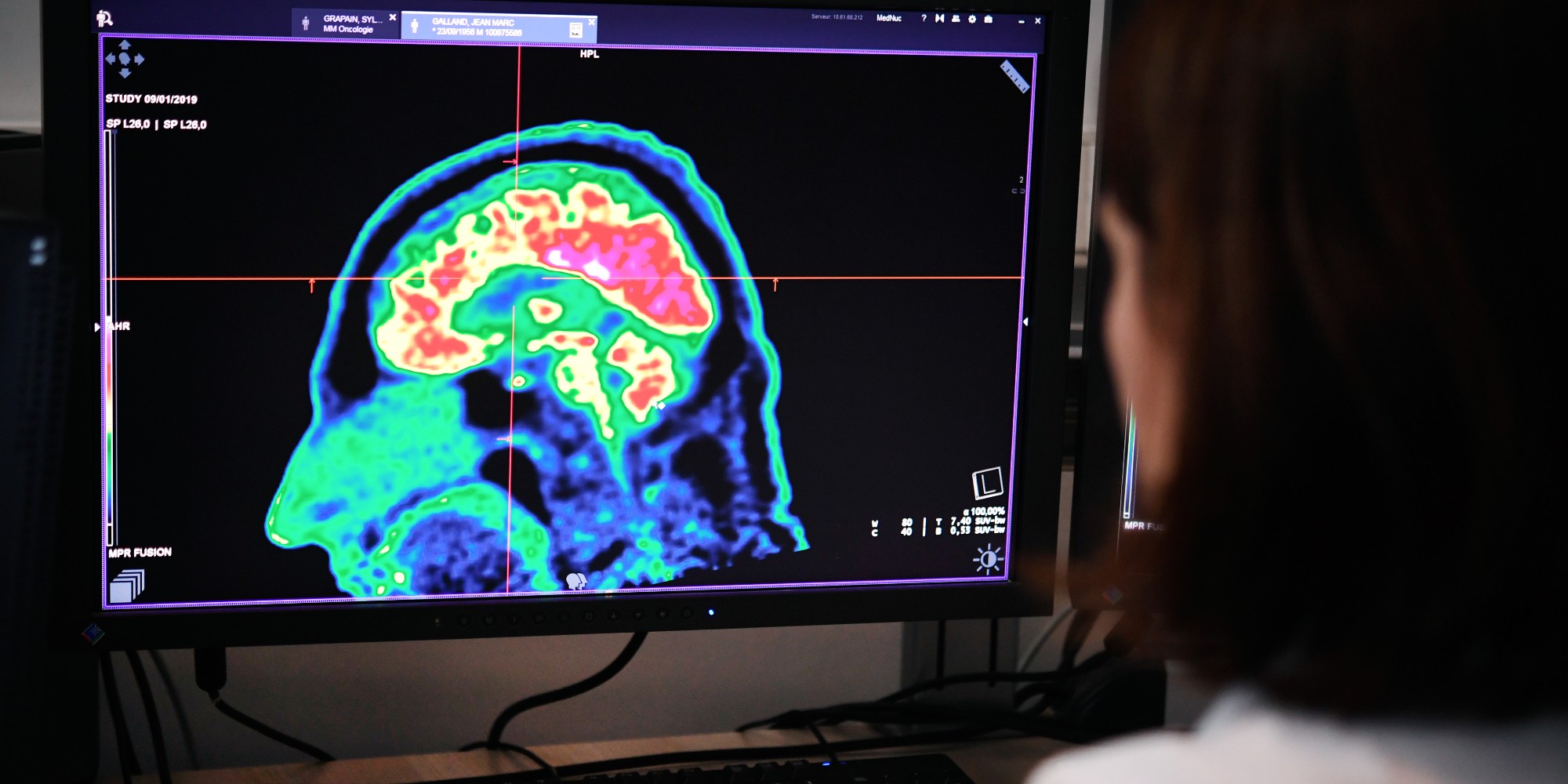INTERVIEW
"Clearly, Covid-19 is also a brain disease." If we already know that the coronavirus can manifest itself in pulmonary disorders, loss of smell and taste, or even in skin lesions, the neurologist Hervé Vespignani and his teams have discovered that it can also cause encephalitis, an inflammation of part of the brain. A new advance in the knowledge of the virus which would explain "delays of awakening" of the artificial coma in the resuscitation services.
>> LIVE - Coronavirus: follow the evolution of the situation
Out of 182 patients observed, 28 developed encephalitis
"The first time I came across it, I found it unusual, and it happened again," says the specialist at the microphone of Europe 1. Between March 18 and 31, Hervé Vespignani made "five observations" of the phenomenon before warning the medical world and publishing an article in a scientific journal. Since then, cases have multiplied: of the 182 patients observed, 28 have developed encephalitis. A symptom which would explain, according to him, "a third of the unexplained awakening delays" of the artificial coma in which some patients are immersed in the intensive care units.
CORONAVIRUS ESSENTIALS
> Can France hope for a more favorable scenario than Italy?
> Are women and people with blood type O more resistant?
> Are certain serious forms linked to a genetic factor?
> How will the distribution of masks take place in France?
> Back to school on May 11: under what conditions?
> How to keep sleep during confinement?
Neurological disorders that can manifest themselves "before respiratory failure"
But encephalitis does not only develop in a person severely affected by the coronavirus. "We have patients who have neurological disorders before respiratory failure," says the man, who is also the medical director of the start-up Biosereity. But this new discovery on the Covid-19 poses a problem: "We are at an impasse, we have no treatment." Especially since these encephalitis are likely to "leave sequelae", such as memory, attention or sleep disturbances.
>> PODCAST - Coronavirus: find all the answers to your questions here
As for whether these inflammations of a part of the brain are the consequence of the loss of taste and smell felt in certain patients, Hervé Vespignani recognizes an "attractive mechanism", even if at this stage no link has been made between these different phenomena.

